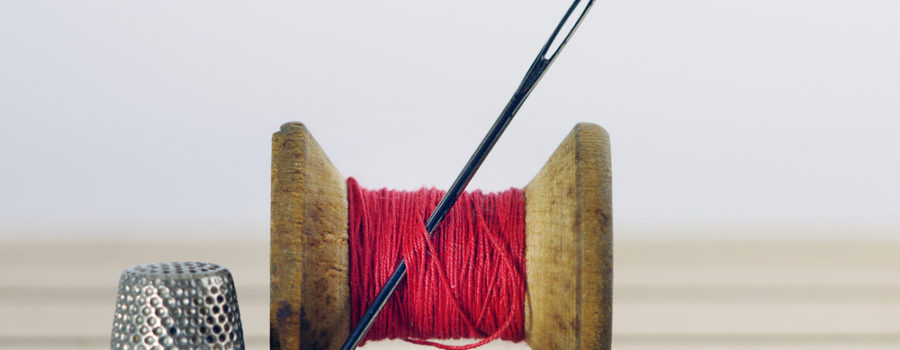Recently I was asked how intellectual property (IP) impacted hobby enthusiasts. There is no short answer to the question, just multiple layers to it.
As I’ve mentioned in other posts, IP is divided into various categories (trademarks, patents, copyrights and trade secrets), each one providing a different type of protection. So, how does IP impact a hobby enthusiast? Well, it all hinges on what the person does with the hobby creations. People engage in their hobbies for different reasons. Some, do it for pleasure and others for an additional source of income. Herein, lies the difference and commence the varying layers of an answer to an otherwise seemingly simple question.
In general terms, IP protection grants the IP owner the right to prohibit others from using, copying, reproducing or manufacturing its creations for commercial gain. How does this apply to hobbies? Some hobby enthusiasts might use or include the IP of others in their own hobby creations without the requisite licenses. This is called IP infringement, and will lead down a path of legal woes.
So how does one know where they are in all of this? I’ll explain it through an example.
An embroiderer is someone who decorates fabrics or other materials. For this, they sometimes purchase or download templates. First of all, they need to ascertain that the source of the template is a legally authorized seller/re-seller and not a pirated or illegal content site. Such sites are to be avoided always! Not sure what kind of a site it is, look around, ask questions, use common sense, if it’s too good to be true, it probably is. Secondly, they must know what they are acquiring. Are they purchasing or acquiring the right to use the template for personal or commercial use?
A person who engages in their hobby exclusively for personal pleasure, without the intent to sell their creations, will most likely not have to worry about copyright infringement. But, if the hobby creations are created with the intent to be sold, then the templates acquired must be acquired under a commercial use licence from an authorized dealer. This is particularly important for recognizable characters and cartoons (such as Disney), which will not only be copyrighted but most likely are also trademarked. Anything less, will be considered an infringement.
What if on the other hand, you as the hobby enthusiast create original pieces. Then you become the IP owner and would have the option to seek IP protection over your creation, and prohibit others from copying or reproducing your work without your permission.
Author: Patricia Ramírez Gelpí, J.D., LL.M.
Image: Andrius_Saz/Shutterstock.com





